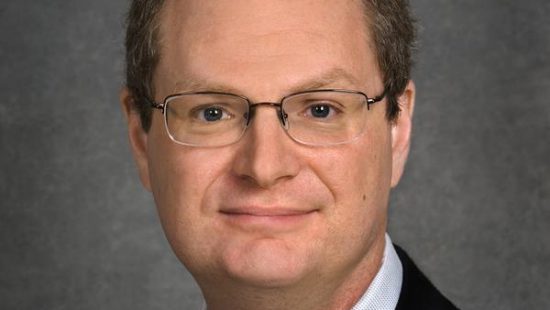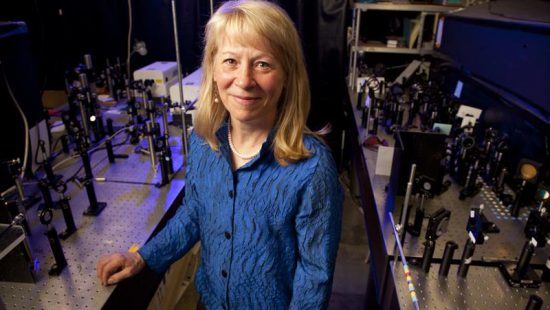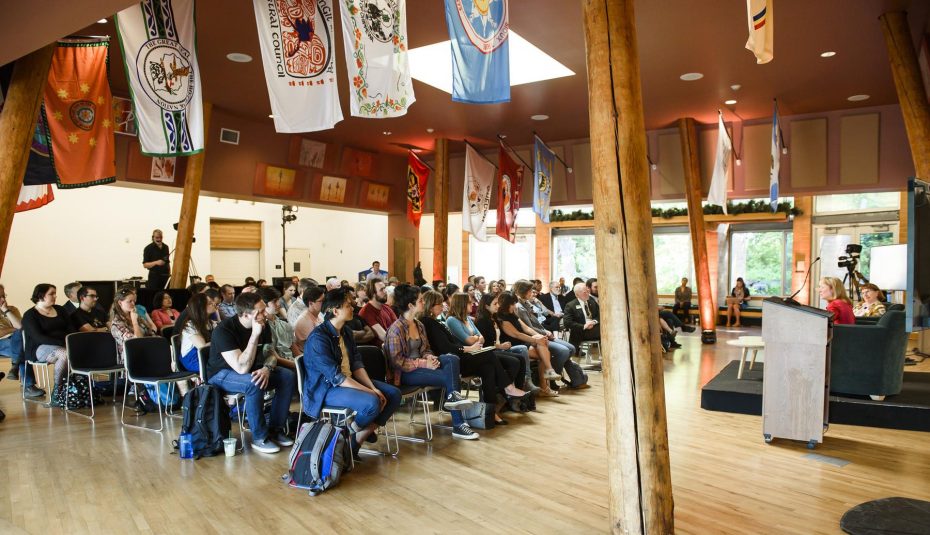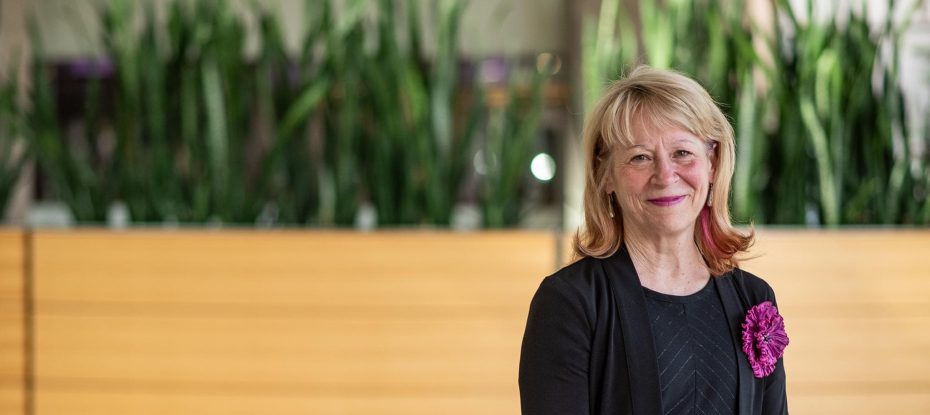Donald J. Cram taught and conducted research at UCLA for more than 50 years, opening up new methods for exploration in organic chemistry with applications in both basic research, as well as fields such as pharmaceutical production and medical testing.
Cram is recognized as creating the field known as host-guest chemistry, which he shared the 1987 Nobel Prize in chemistry for his discovery of the field. The goal was to mimic the interaction between enzymes and their substrates in a living cell by producing large molecules (called container molecules) that bind selectively with smaller ones in a process, the same process as mating a lock with a key.
“If you can mimic a reaction that occurs in a cell, then you can understand it,” Cram said in the Los Angeles Times. “And if you understand that reaction, you begin to understand yourself.” Cram produced a wide array of container molecules, inventing a whole new language with words like spherands, cavitands, and carcerands to describe them. The resulting molecules have since become widely used in sensors, electrodes and molecular traps.
By Jen Santisi






